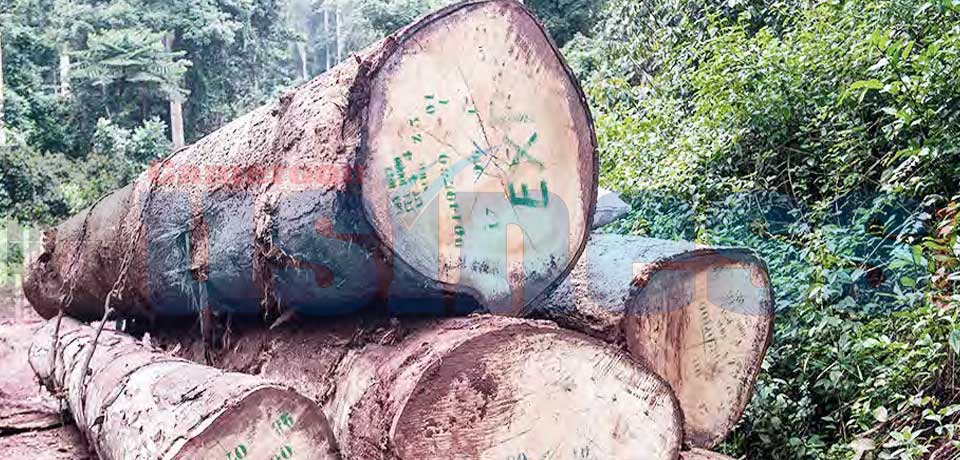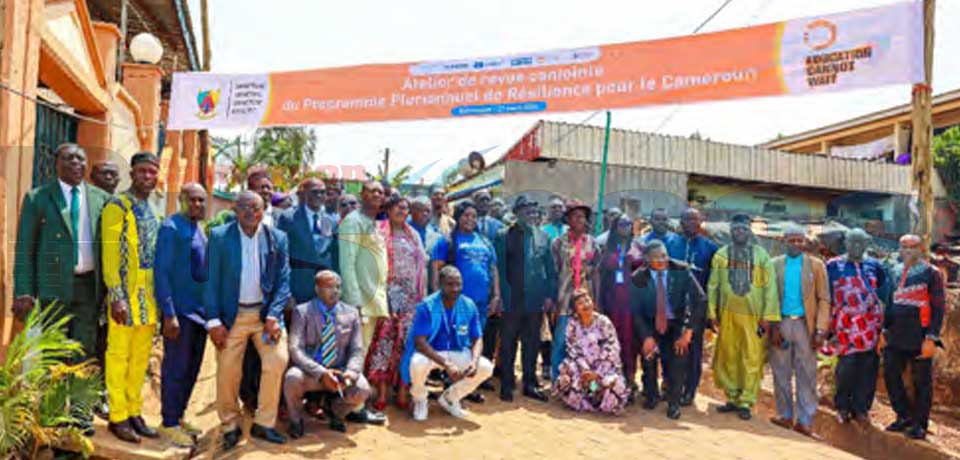The recent happenings in Niger where their main electricity supplier, Nigeria cut supply following a military take-over of power has brought to the fore the issue of energy independence and production in Africa ; a continent so rich in natural resources including energy resources, yet most part of it is in the dark. According to the African Union, Africa is richly endowed with energy resources. Reserves of coal, natural gas and oil represent 3.6 per cent, 7.5 per cent and 7.6 per cent of global reserves, respectively; Africa’s renewable energy resources are diverse, unevenly distributed and enormous in quantity - solar potential is almost unlimited (10 TW) and there are abundant hydro (350 GW), wind (110 GW) and geothermal energy sources (15 GW); Africa has 16 per cent of the global population, but consumes only 3.3 per cent of its primary energy. In terms of energy sources, the continent has immense potential that has gone largely untapped. Despite being home to 60 per cent of the best solar resources globally, for example, Africa has roughly the same installed solar PV capacity as Belgium, a small country not known for its sunshine. There is also great potential for hydro, wind, and geothermal power in many African countries, and these energy sources can play an important role in diversifying and securing electricity supply. Leveraging the continent’s natural endowments responsibly will be essential to its development. Electricity is the backbone of Africa’s new energy systems, powered increasingly by renewables. Despite the huge solar potential, the continent boast of only 1 per cent of installed solar PV capacity. Solar PV is already the cheapest source of power in many parts of Africa and will outcompetes all other sources continent-wide by 2030. Renewables, including solar, wind, hydropower and geothermal account for over 80 per cent of new power generation capacity to 2030 in the Sustainable Africa Scenario (SAS). Investments in resilient and efficient power grids will be critical to meeting the growing energy needs of densely populated urban centres and growing industries. At the same time, off-grid systems powered by solar and batteries have already revolutionized the way remote towns gain access to electricity. Both centralised and decentralised power systems will be important for expanding e...
- Fil Eco
- Enquête de la semaine
-
Marchés & FINANCES
-
Marchés
-
Finances
-
-
Cahiers de l'entreprise
-
Catégories
-
-
-
-
-
- Made in Cameroon
- Débats et analyses
- World Business
















Commentaires